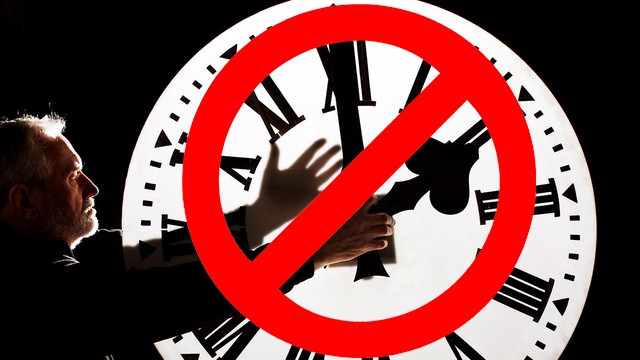The push to make daylight saving time permanent in Florida moves national. Sens. Marco Rubio and Rick Scott and Rep. Vern Buchanan introduced the Sunshine Protection Act in Congress that would make daylight saving time permanent throughout the country.

Lawmakers seek permanent nationwide change to daylight saving time
Rubio also introduced a comparable bill a year ago following the Florida Legislature passed a state law that consists of Florida to move to permanent daylight saving time, however that bill stalled. Florida’s law ending daylight saving time can’t go into effect unless the federal law is modified too.
Florida isn’t the only state to call for an end to daylight saving time. California voters passed a referendum asking their Legislature to end daylight saving time with nearly 60% of the vote.
Rubio re-filed his bill this year, saying Wednesday he was “reflecting the will of the state of Florida,” and Scott, the former governor and newly elected senator, joined as a co-sponsor.
Buchanan, who represents Florida’s 16th Congressional District in Manatee County, is sponsoring the bill in the Florida House of Representatives.
“Last year, Florida lawmakers were the first in the nation to vote to make daylight saving time permanent in our home state,” Buchanan said in a press release. “We should follow their lead at the national level to allow them to move forward with this change and ensure that Florida and the rest of the nation are on the same page year-round.”
The bill would essentially end the twice-a-year time change and remain on the time observed from March to November. It’s going to apply nationwide with the exception of the states and territories that do not observe daylight saving time, which include Hawaii and Puerto Rico.
Daylight saving time for 2019 begins at 2 a.m. Sunday and will end Nov. 3.
The United States began observing daylight saving at the end of World War I in an attempt to conserve fuel. During World War II, the U.S. observed year-round daylight saving time from 1942 to 1945.
In 1974, the country attempted to save fuel throughout the energy crisis by observing daylight saving time for 16 months, however the experiment was ended after less than a year when people became upset about children having to go to school in darkness.
The Florida PTA asked then-Gov. Scott to veto Florida’s bill this past year when it passed the Legislature for the reason that the change would put students in danger whenever they had to go to school in darkness during winter months.
Scott signed the bill into law over those objections, and in a press release issued Wednesday said he was joining Rubio’s effort to pass the bill nationwide.
“I was glad to sign legislation as governor to continue daylight saving time year-round for Floridians, and now join Senator Rubio to lead this effort in Congress,” Scott said. “The Sunshine Protection Act will allow Floridians and visitors to enjoy our beautiful state even later in the day, and will benefit Florida’s tourism industry, which just celebrated another record year.”
Rubio’s office released an overview of the bill that listed seven advantages of passing a year-round daylight saving time, from reducing car crashes to reducing energy usage.
“Studies have shown many benefits of a year-round daylight saving time, which is why Florida’s Legislature overwhelmingly voted to make it permanent last year,” Rubio said.
It isn’t clear if Congress is going to have any appetite for taking up the bill since it is consumed with issues surrounding President Donald Trump.
When asked by the News Journal on Wednesday by text message if he had a position on the bill, Rep. Matt Gaetz, replied having a simple answer.
“I don’t,” he stated.
Have a questions or concern? Nick, Cindy & Nicholas Davis with RE/MAX Premier Group are here to assist you with all your Real Estate Needs. We are always available at 813-300-7116 to answer your questions or you can simply click here and we will be in touch with you shortly.



